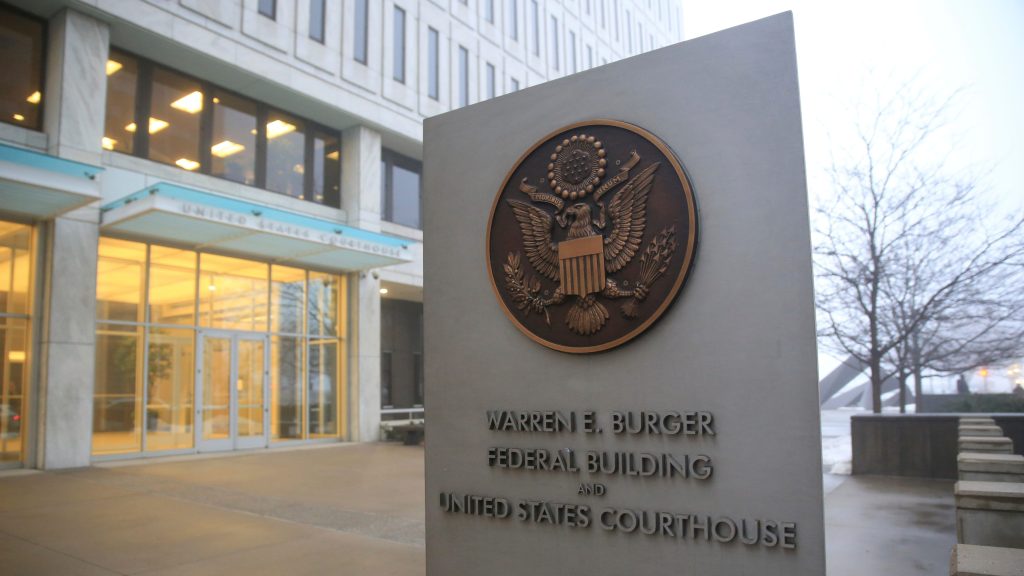C
hicago's Tenant Protection Laws Have an Unintended Consequence: Fees Galore
In a bid to shield themselves from lawsuits, some Chicago landlords have abandoned traditional security deposits in favor of nonrefundable move-in fees. These fees can be steep, often ranging between $500 and $1,000, with little transparency about what they cover.
The Residential Landlord and Tenant Ordinance is the culprit behind this shift. By imposing strict rules on handling security deposits, including storing them in separate accounts and returning them within 45 days of move-out, landlords have become increasingly wary of taking on that liability. As a result, many are opting for unregulated move-in fees instead.
But critics argue these fees disproportionately burden low-income renters and people of color, who may struggle to absorb the upfront costs in tight housing markets. Some landlords cap their move-in fees or apply them to actual expenses, but others use rent increases as a justification to raise fees without providing any additional services.
The issue has taken on added significance as rents in Chicago continue to soar. Average downtown apartment rents have crossed $3,000 for the first time, with units in Streeterville topping $3,600. With few new projects on the horizon due to construction costs and capital constraints, rents are forecast to spike further through 2026.
Some municipalities are pushing back against these fees. Evanston prohibits move-in fees unless they're clearly tied to specific services, while Cook County's landlord-tenant ordinance adopted a similar framework in 2021. A statewide bill that would ban move-in fees and other upfront charges has passed the Illinois House and awaits Senate action.
For renters, advocates recommend requesting itemized breakdowns of fees, documenting payments, and negotiating fees where possible. As one attorney notes, "Everything's negotiable. And if someone tells you it's not, they're lying."















